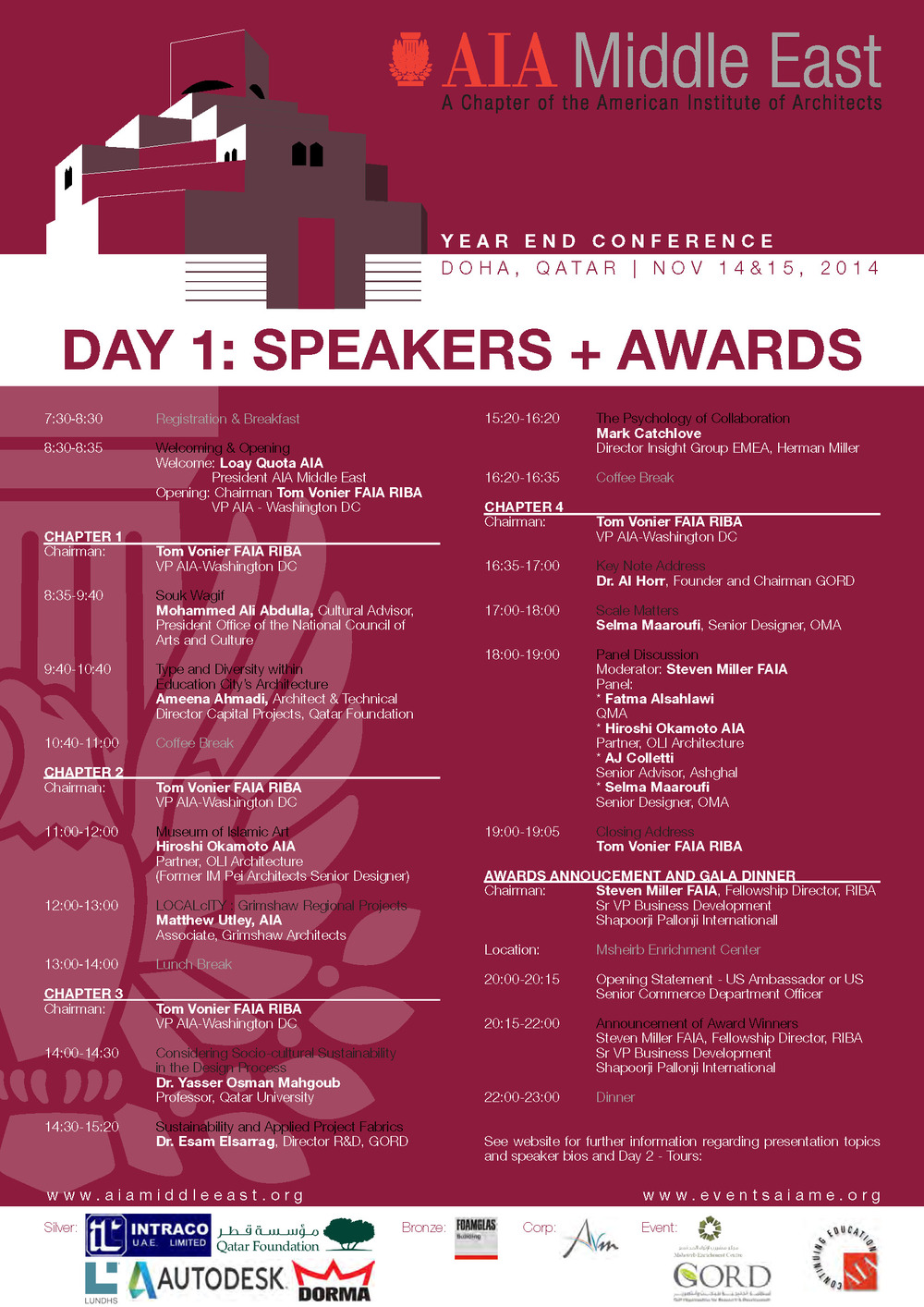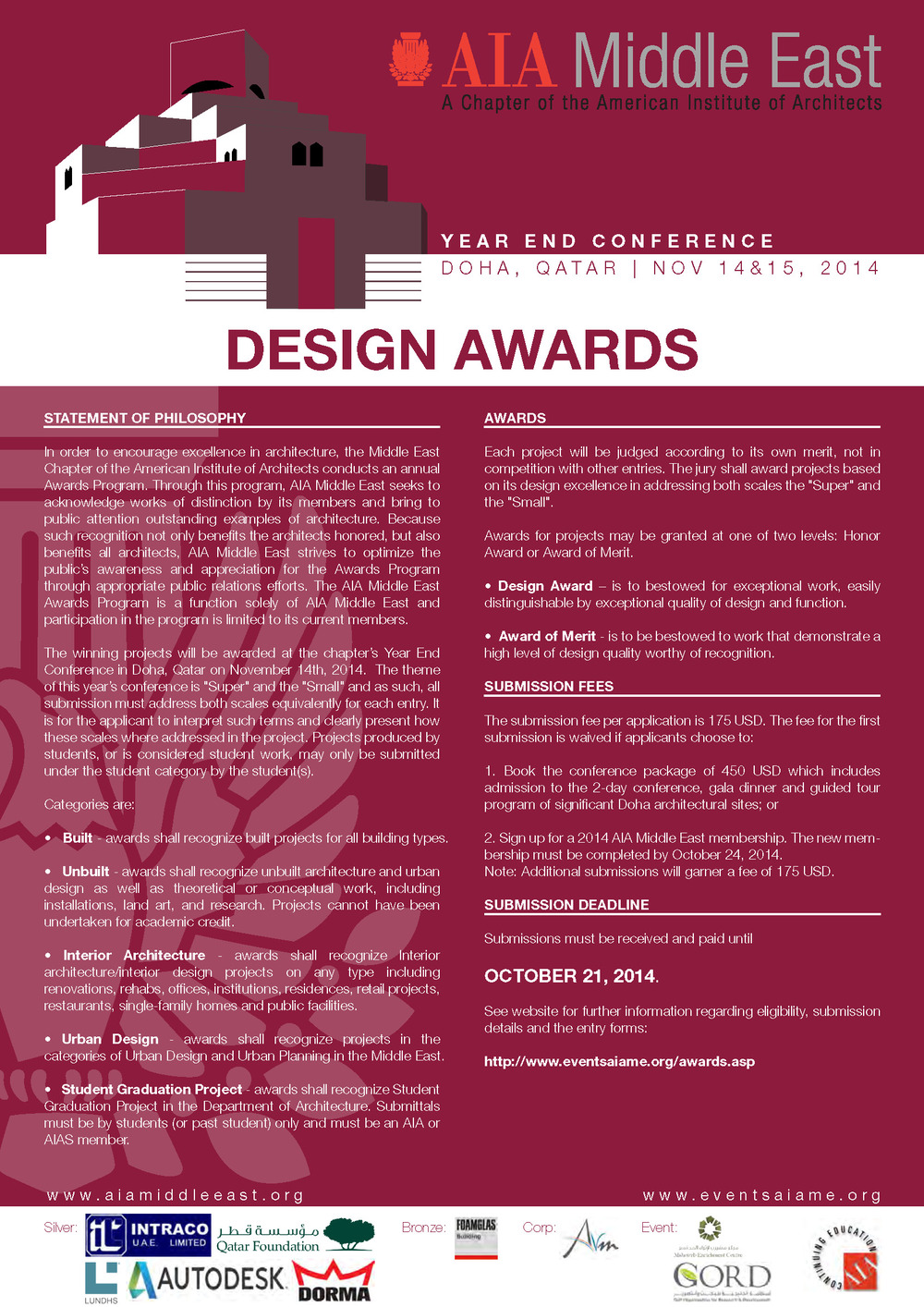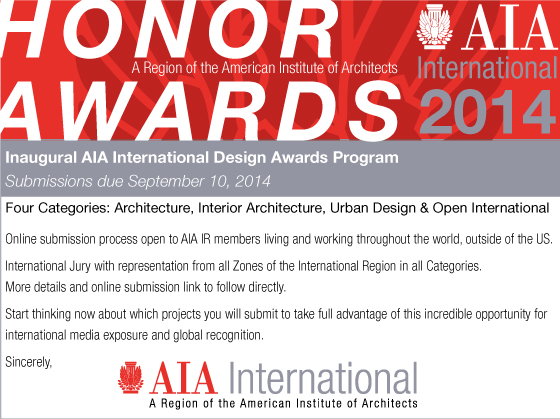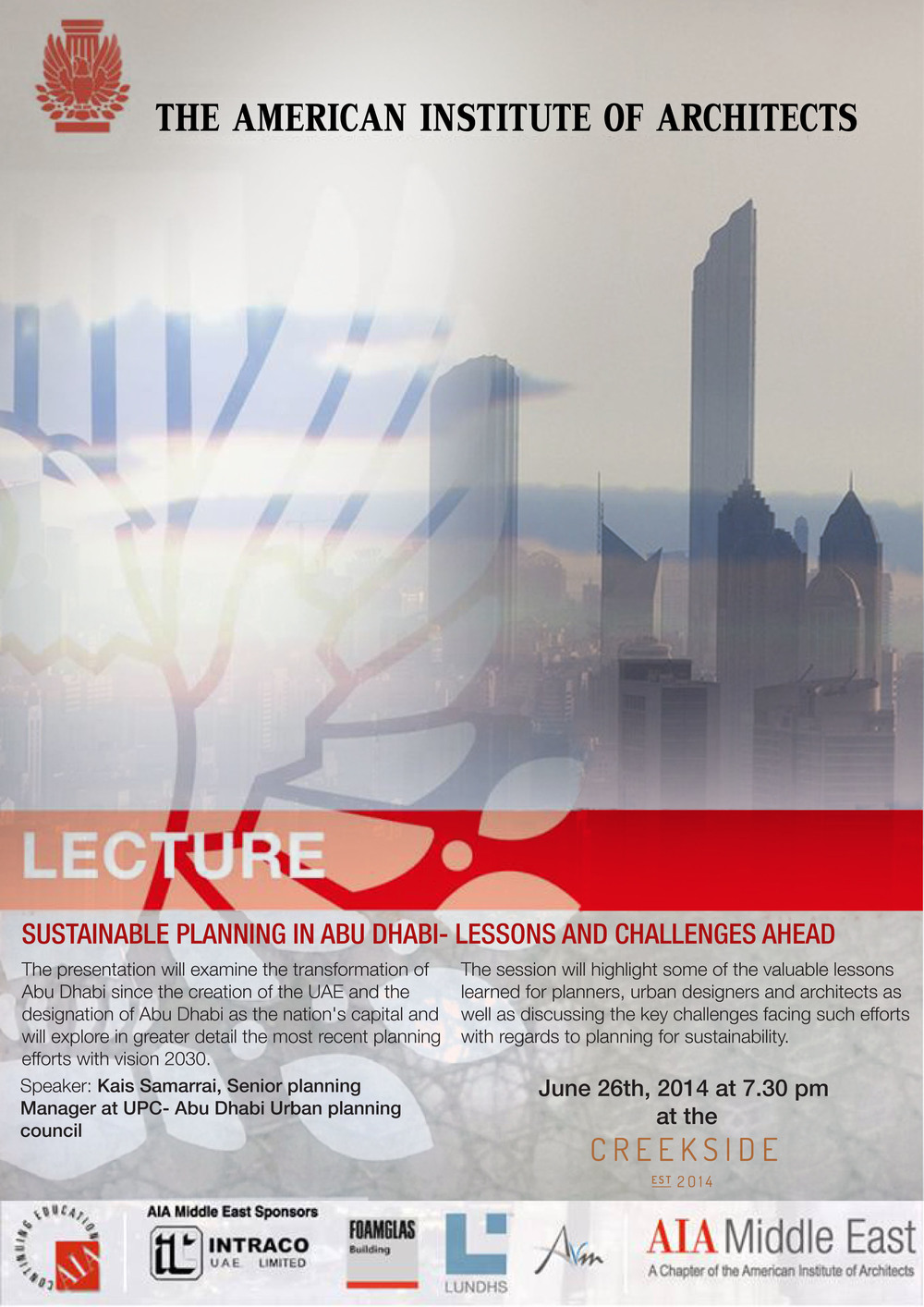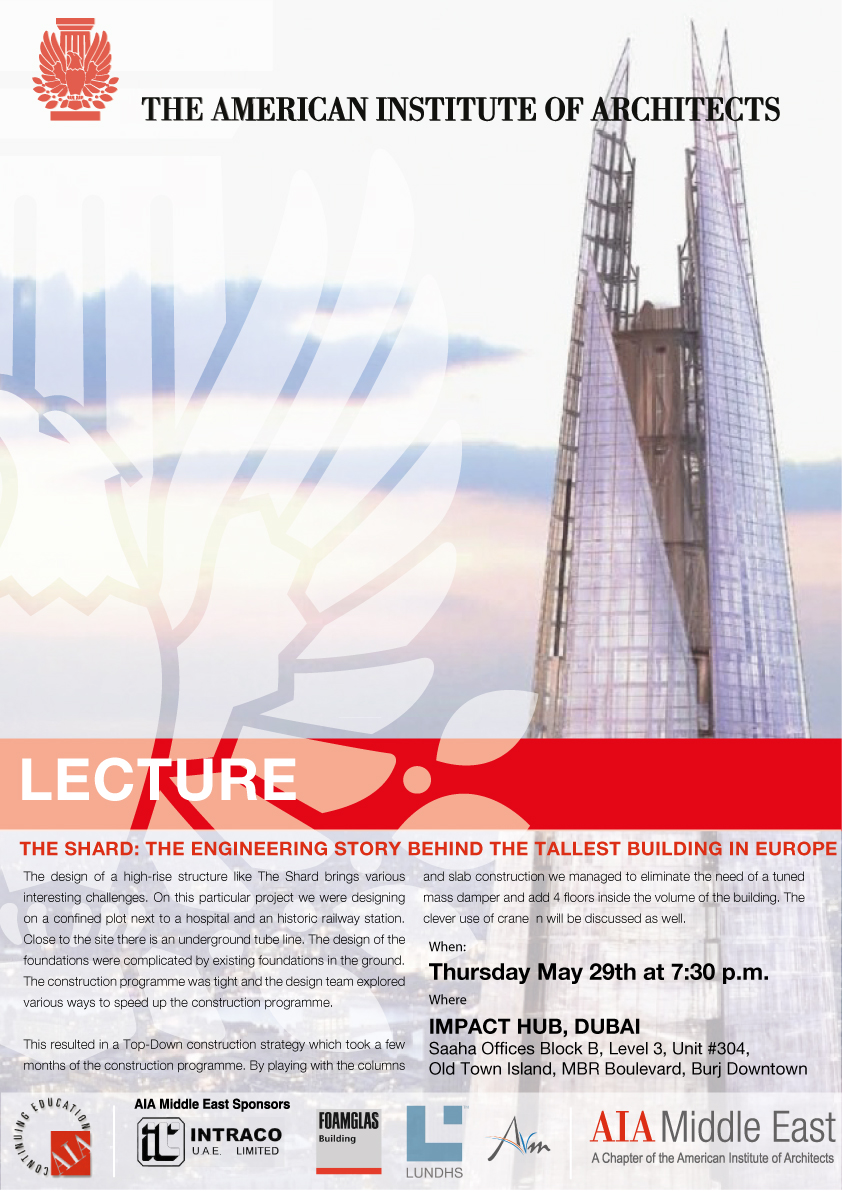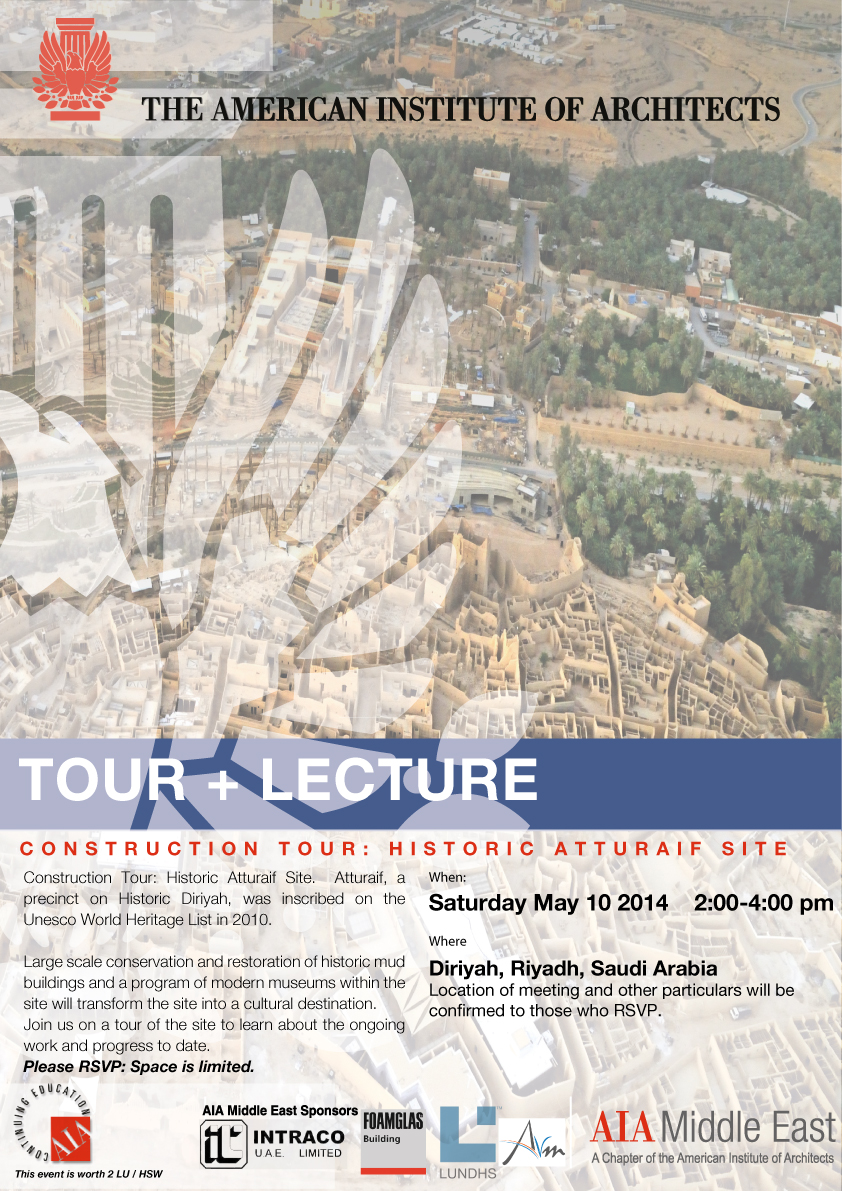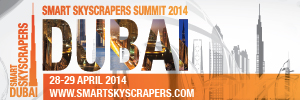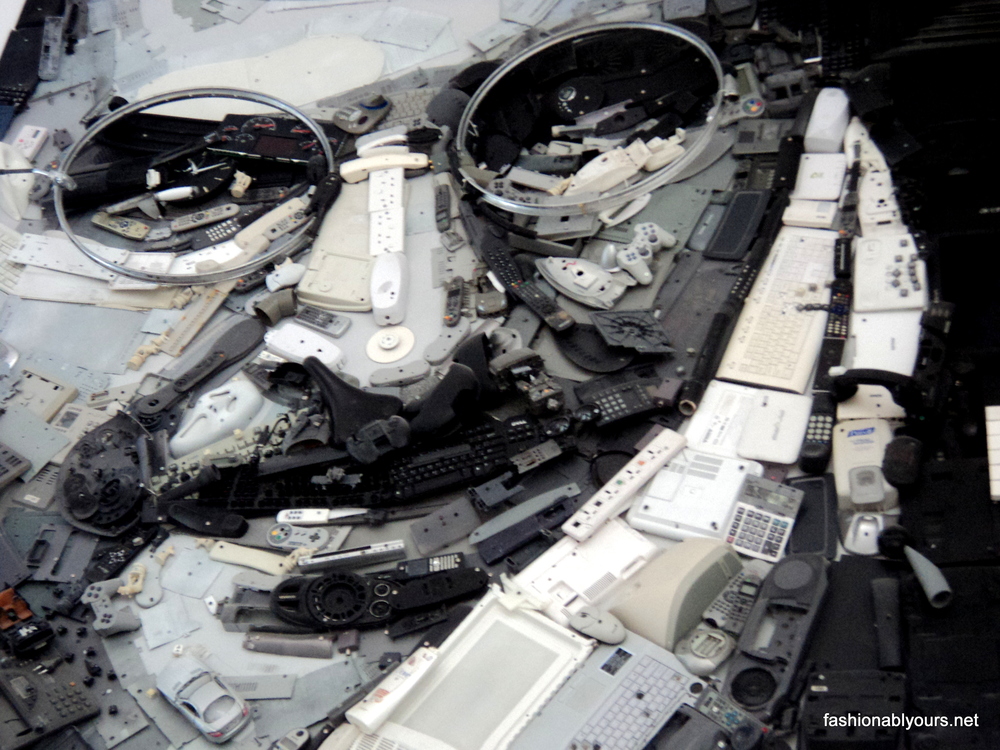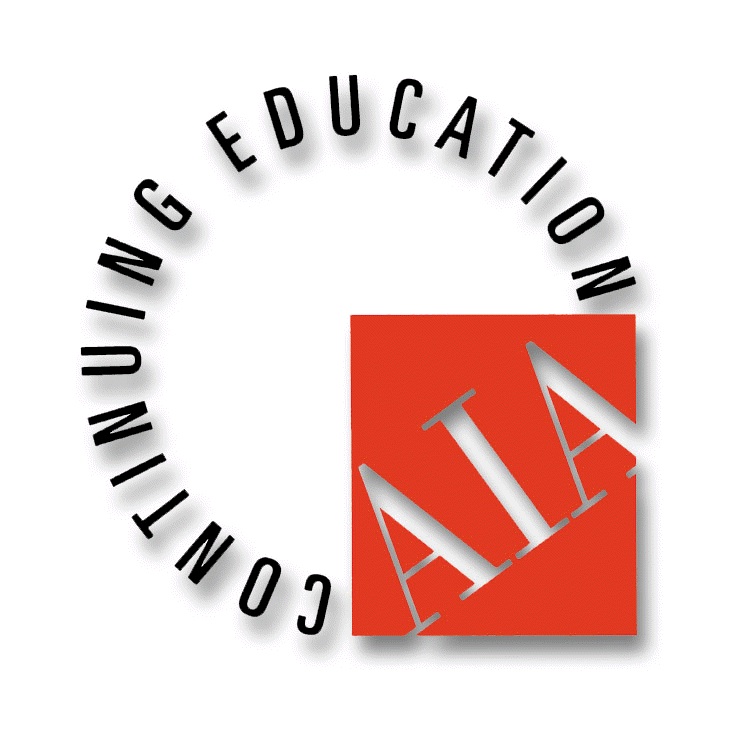
This article was developed from a presentation made by Ajay Bhojwani, deputy managing director MCI Middle East at the CESSE Annual Meeting in 2013.
In 2001, advanced economies dominated the world economy, contributing around two-thirds of global GDP. The expectation is that much of the future global output will be produced in the emerging world. The pace of this shift is a testament to the growth of these countries. Thanks to globalization virtually all developing countries are catching up.
Since 2001, emerging markets have become the world’s economic engine with annual GDP growing an average of 6 percent and a rapidly growing consumer class, driving corporations to compete for market share. More than 1,000 companies headquartered in emerging markets have reached at least $1billion in sales annually demonstrating that robust private sectors made up of indigenous businesses are taking root.
For US associations, finding ways to build and grow chapters and components in emerging markets will play an important role in defining locally relevant member value.
This article takes a look at how one emerging market region – the Middle East (specifically the countries of the Gulf Cooperation Council) – is experiencing growth and how some associations are benefiting from this growth using chapters to build and sustain a vibrant presence. Two video case studies from Middle East chapter leaders from the American Society for Quality and Project Management Institute offer insights into building the right local chapter strategies for growth in emerging markets.
International Component Models / Frameworks
We see the following models that can have potential to develop and sustain chapters:
Alliances & Partnerships with Local National /Regional Associations – working with local societies and using them as extended chapters or building chapters through them
International Affiliates/Representatives – having business partners and representatives to build business and partnerships
Chapters/Local Member Communities – regular chapters operating with proper operational capacity to achieve objectives
Subject-based Virtual Components – subject focused by regions and countries sometimes only certain topics a relevant
More Customized Models – Hybrid, etc – full flexible based on business requirements
Middle East Growth & Forecasts
Despite the political unrest in some Middle East countries, the countries of the Gulf Cooperation Council (GCC) continue to be amongst the fastest growing economies of the world as well as safe for business. Each of them is moving at a rapid pace to achieve the strategic objectives set by them in their vision for the next 10 – 15 years.
Over 177 million people live and work in GCC countries (median age of only 25 years) which include: Bahrain, Kuwait, Oman, Qatar, Saudi Arabia, and the United Arab Emirates. It is known for its oil and gas industry wealth which represents 44% of the world’s crude oil reserves. But it may be less well known that these countries are in the top 50 countries listed in the World Bank’s Doing Business Index which measures the ease in which businesses can operate around the world.
The key drivers behind the GCC growth come from several factors:
- Sovereign Funds – UAE, Kuwait and Qatar rank in the top 9 countries in investment projects and job creation globally
- Financial Strength – built from energy industry these countries are rapidly working to diversify
- Infrastructure Development – many of the world’s leading civil engineering projects are under development in this region
- Tax Free Environment – tax free zones have attracted businesses from around the world to establish regional and global headquarters
- Oil and gas industry – which has funded much of this effort to date

A lesser known fact is that the region is working hard to diversify its sources of revenues away from the oil and gas sector:
- Utilities and transport: Governments will continue to support and invest in sectors that cater to their growing population, including power, water, electricity and transport. In Qatar, General Electricity and Water Corporation is considering expanding its power network that will cost $18 billion in the next seven years. About 45 percent of the Dubai budget has been earmarked for infrastructure and public transport, with beneficiaries being the Road and Transport Authorities, Dubai Metro, Dubai Municipality projects and Dubai Ports Authority.
- Financial services: Will continue to be a major contributor to the region’s economy, as it aspires to become a regional hub and will represent significant growth area.
- Industrial and manufacturing: In the UAE, the sector grew by 40 percent within the past four years with the investment volume more than doubling. A recent statement by the UAE Minister of Economy reflected UAE’s ambition to become the preferred destination for investments in high-tech and heavy industries for global investors.
- Health care and education: There is significant need for investments in these areas, considered still underdeveloped to serve a growing young population. Projects contributing to ensuring access, quality and capacity building are given priority.
- High-tech: GCC also aspires to develop into a centre for technology. The region is working on establishing more research and development platforms, including opening new research centers

How People Do Business in GCC Region
Working in a multicultural environment, Dubai has a diverse work force with a number of corporations who are located here as regional hubs. So the work environment tends to provide enormous opportunities to learn and adapt to various cultures. The city is as busy and buzzing as New York, USA or Mumbai, India.
As part of the work force, one needs to be careful and flexible as one will need to change their approach and business formats when dealing with different cultures, even if it is within the same company. For example:
- Men should not offer handshakes to ladies, unless offered a hand by them.
- One needs to be patient when dealing on a local level and a lot of times contracts are established and work is done by handshakes and verbal confirmation without having anything in writing.
- Work hours depend on industries and can be long at times.
- Friday is a weekend, however being a work day in other parts of the world depending on the industry one needs to be available for work queries.
What are the absolute Do’s and Don’ts when doing business?
- Be Patient
- Do not discuss politics and religion with business people
- Men should not offer a handshakes to ladies, unless offered by them
- Friday and Saturday are government weekends, however people are very open to discuss business during weekends
- Security is of paramount importance and one should take care not to break any rules and is fully aware about the legislation
- When in a meeting with Arab never discuss business first off. Always build rapport – 10 to 15 minutes minimum
- Be flexible as lot of times written contracts don’t apply
- When holding meetings in the region, participation from the government agency to get government buy in is important
- It is not recommended to discuss financials right at the start
- One needs to be prepared to operate last minute as a lot of times client queries and requirements come in last minute
Read more on how to conduct business in the region from MCI Middle East’s managing director Ajay Bhojwani . http://growglobally.org/?p=44
Challenge of Volunteerism in Emerging Markets
Many associations experience barriers to making their volunteer leader system work in emerging market countries for a variety of reasons. In the MENA region and specifically for GCC countries you should be aware of the following issues so that alternative approaches can be implemented to take advantage of the local strength and capabilities of local leaders.
- Volunteerism: what’s in it for me? – You must be prepared to adapt your standard methods in emerging markets as local leaders with the means to organize and rally locals often come forward to give to the industry unless there is personal gain and something that answers what’s in it for them.
- City / State and National / Regional Boundaries – Care must be taken to choose chapter territories correctly. Associations sometimes cover too large a geographic area which makes it more complicated for these chapters to operate and govern.
- Governance – Democratic or King’s Rule – Quite a few markets are under a king’s rule or under specific government policies, which impacts memberships of associations. In lot of cases these memberships are compulsory, which is why there is no drive by associations or its volunteers to make it work.
- Local Vs Expat Members – This is for Middle East specific – too many expat members who sometimes do not have any interest in developing the profession in that country. So it becomes a challenge to have the right mix of local and expat members aligned with the services locals might want or need.
The following video case studies that follow should offer further insights into how building a healthy chapter can be managed.
Interview – American Society for Quality MENA Chapter Leader
In this interview with Mr. Sunil Thawani, ASQ Country Counselor – UAE & Global Committee Member, Past Chairman, Continual Improvement Group, Dubai Quality Group, we learn about the chapter’s history & current operation, comments on legal framework/regulation, challenges faced, opportunities in the region, and the role of Association HQ to support the chapter.
Interview – Project Management Institute UAE Chapter Leader
In this interview with Mr. Reyadh Ayesh, CEO, Smart World (a joint venture of Etisalat & Dubai World Central) and the President and co-founder of UAE Chapter – Project Management Institute, we learn about how the chapter was formed, its structure and activities, the challenges faced and recommendations for international associations.
Final Thoughts for International Component Management
- Flexibility around chapter formation and structure – be prepared to deal with different laws and regulations as well as market sizes. One needs to be flexible around chapter regulations and bylaws.
- Local Activity Support – Support for key chapter activities is often crucial to help grow the chapter with speed to reach its potential which could come from HQ or preferably a local source.
- Local / Regional Marketing Outreach – Have this in place as the brands for many associations are not strong when going into new markets and you must activate demand based on local relevance to your selected products and membership.
- Administrative Assistance – The higher the management positions of local volunteers in emerging markets the greater the need for admin assistance or else they fail to achieve their objectives.
- Is Your Value Proposition Relevant – the need for making your membership benefits locally relevant. A lot of US association benefits are not adjusted to local needs and often have less relevance for international members which is why they do not feel the need to keep their membership going.




